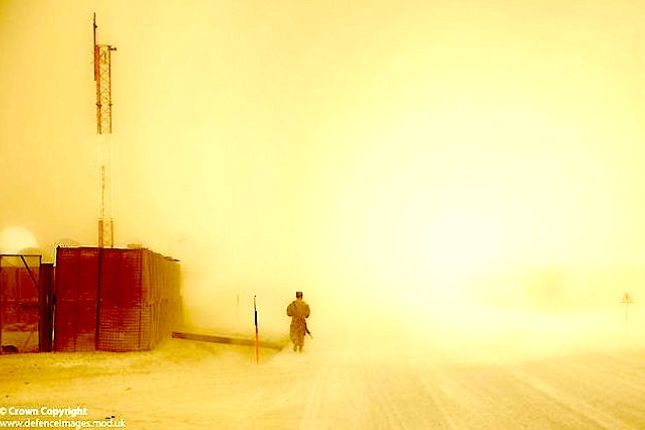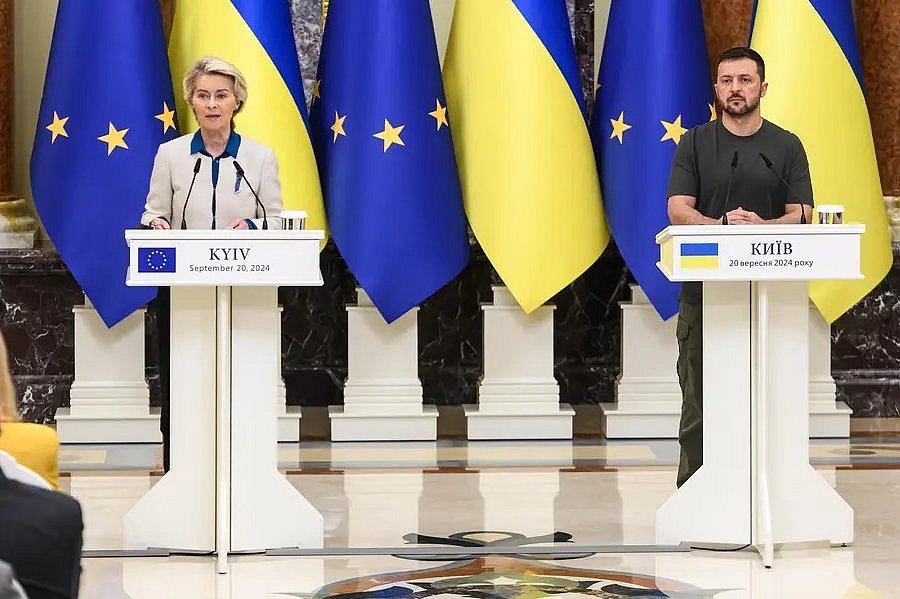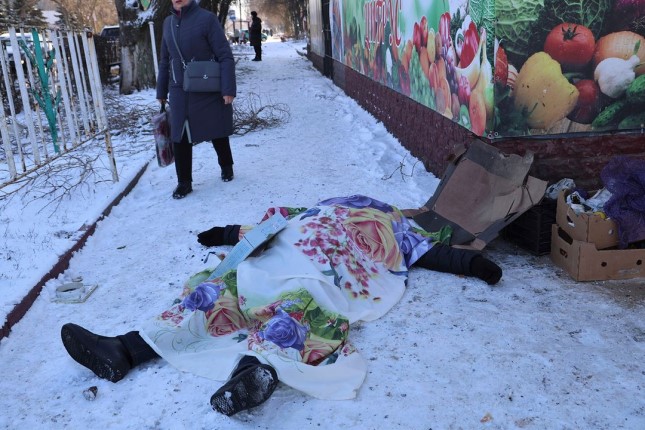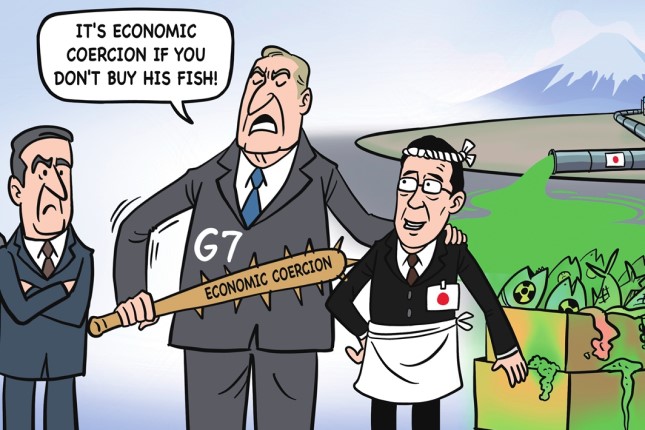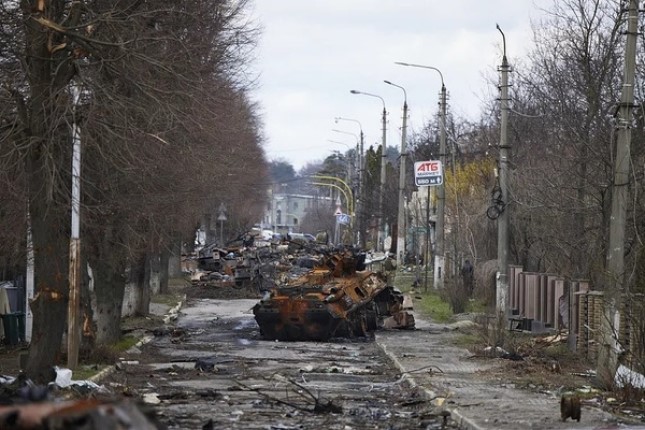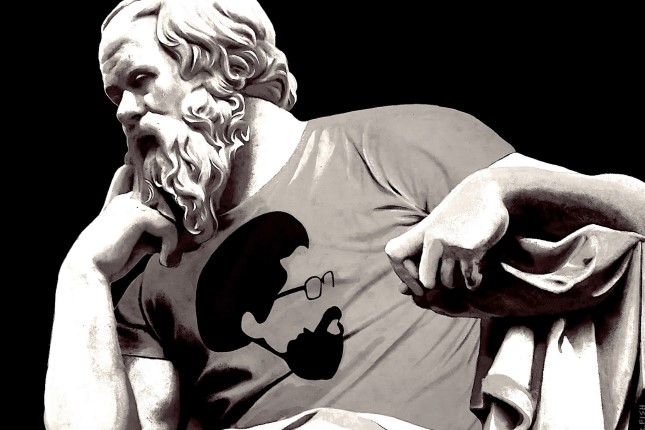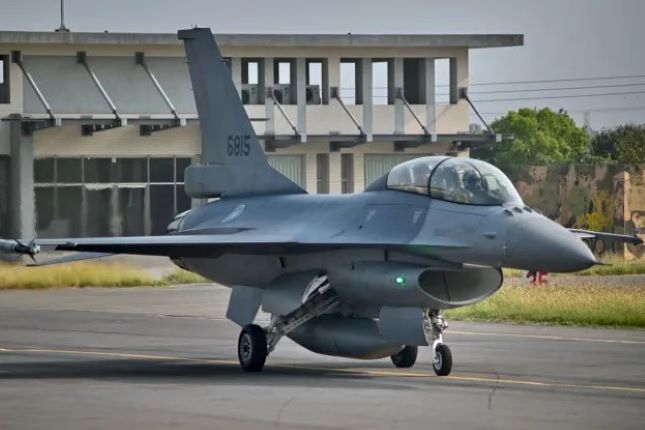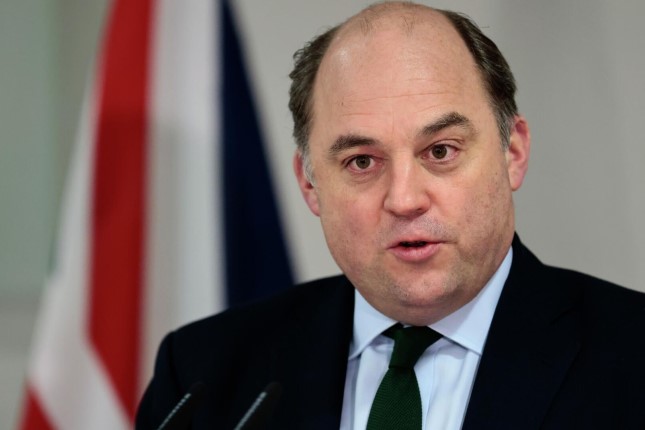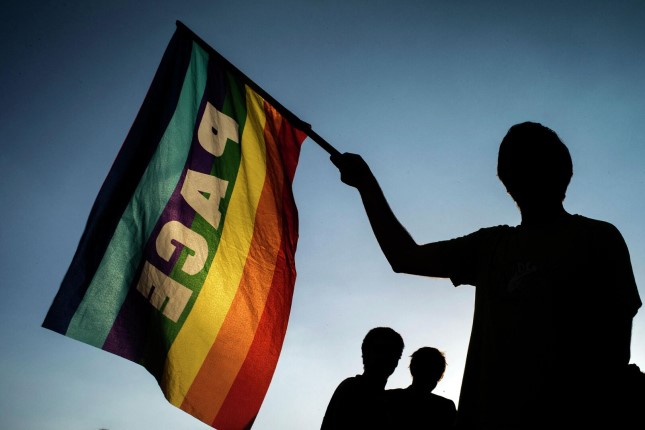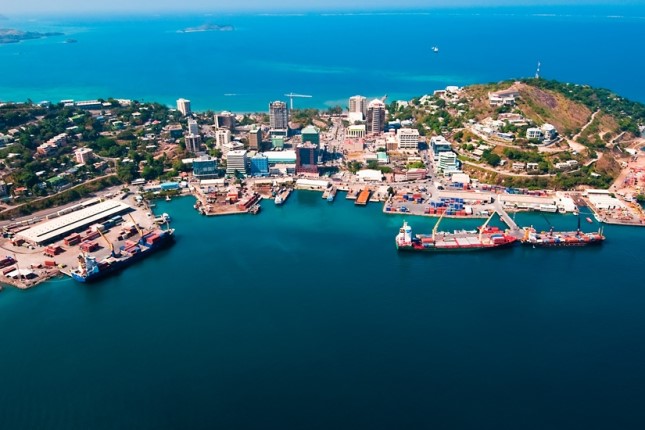Key evidence held at U.K. special forces headquarters containing allegations the Special Air Service (SAS) had killed Afghans in cold blood was destroyed to prevent the military police from seeing it, an inquiry was told last week.
Senior special forces officers and defence officials were so desperate to cover up SAS activities in Afghanistan that the crucial data was deleted from an IT system at the “higher headquarters of special forces,” inquiry chairman Lord Justice Haddon-Cave said.
He noted how the data was “wiped before the military police could seize and examine it.” But he revealed that with “independent help” the inquiry had managed to get a back-up copy and intended to restore the data.
It was the latest testimony in an inquiry that has placed an unprecedented spotlight on an elite band of British troops that have a degree of protection from scrutiny greater even than that enjoyed by the security and intelligence agencies — MI5, MI6 and GCHQ (Government Communications Headquarters).
The SAS has also benefited from naked hypocrisy. Officially there is a blanket ban on reporting the activities of the SAS and its naval equivalent, the Special Boat Service (SBS).
Yet defence journalists are discreetly encouraged to describe their derring-do, so long as they praise them as heroes, much as they are, in fact and fiction, on television.
"Flat Packing"
Until Haddon-Cave’s inquiry, U.K. special forces enjoyed a total lack of scrutiny even as their role in armed conflict became increasingly significant on “anti-terror” operations in the Middle East.
Haddon-Cave heard evidence this week from Alan Pughsley, a former chief constable of Kent police, who criticised the “inappropriate and premature” closure of a military police investigation into the SAS.
Pughsley said the probe, called Operation Northmoor, was “a murder investigation, as serious as you can get.”
Northmoor was delayed for years by the military police’s failure to withstand bullying from SAS commanders, and eventually shut down by the last Conservative government.
Yet the truth is gradually emerging, with a former senior special forces officer telling Haddon-Cave’s inquiry that SAS troops in Afghanistan had a “golden pass allowing them to get away with murder.”
The officer, who was granted anonymity, referred to what was called “flat packing” — putting pillows over the heads of detainees before killing them with a pistol. Another SAS officer referred to “blooding new recruits.”
One described how SAS soldiers “dropped” weapons next to unarmed Afghans after they had been killed. Those covering up the crimes were called “Mr Wolf”, after a character in Quentin Tarantino’s film, Pulp Fiction.
General Sir Mark Carleton-Smith, a director of U.K. special forces who became head of the army, was aware of such allegations but failed to share it with the military police, the BBC has reported.
Another general, Gwyn Jenkins, knew of claims the SAS had executed handcuffed detainees in Afghanistan, but locked the evidence in a safe instead of sharing it with detectives.
Former Prime Minister Rishi Sunak, in his last public appointment before the 2024 election, made Jenkins the U.K.’s national security adviser. The then cabinet secretary, Simon Case, said Jenkins was “excellently placed” for the job.
Prime Minister Keir Starmer has since cancelled his role.
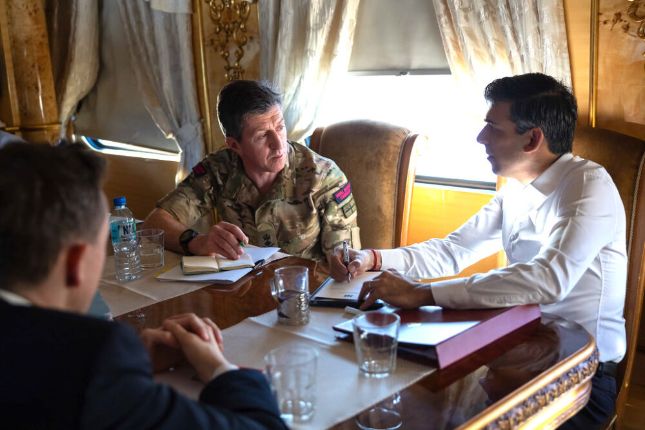
Sunak, on right, conferring with Jenkins in January 2024. (Simon Walker / No 10 Downing Street, Flickr, CC BY-NC-ND 2.0)
Transparency
The SAS is exempt from the Freedom of Information Act. Neither Parliament’s intelligence committee nor its defence committee can scrutinise its activities.
Some of the most spectacular examples of hypocrisy surrounding Britain’s special forces have involved D Notices, issued by what is now called the Defence and Security Media Advisory (DSMA) committee.
These involve editors and publishers operating a voluntary system of self-censorship in cooperation with the MoD and the intelligence agencies.
In its official history, Admiral Nicholas Wilkinson, a former secretary of the committee, observes: “Almost all the publicity which the UKSF (UK Special Forces) has attracted has been inspired directly by UKSF leakers or through ex-SF leakers”.
The Ministry of Defence was furious when details emerged about how special forces freed British soldiers captured by rebels in Sierra Leone in 2000.
British paratroopers participating in the special forces-led operation “felt no inhibition about talking frankly about their part”, Wilkinson noted.
Lord David Richards, the former chief of defence staff, once told me he had broken the official rule that nothing should be said about the SAS.
An enemy’s knowledge of Britain’s special forces, and what they could do, was in itself a powerful weapon, he suggested.
That was before the allegations of war crimes and extra-judicial killings in Afghanistan surfaced. Thanks to the inquiry, the SAS may now be seen in a new light.
The words of the former U.S. Supreme Court Justice Louis Brandeis, come to mind: “Sunlight is said to be the best of disinfectants; electric light the most efficient policeman.”
It is time Britain’s special forces were held to account by independent watchdogs.
Main photo: U.K. soldier in a sandstorm in Camp Bastion, Afghanistan, 2013 © Sergeant Dan Bardsley, Defence Imagery, Flickr, CC BY-NC 2.0.
Source: Consortium News.
